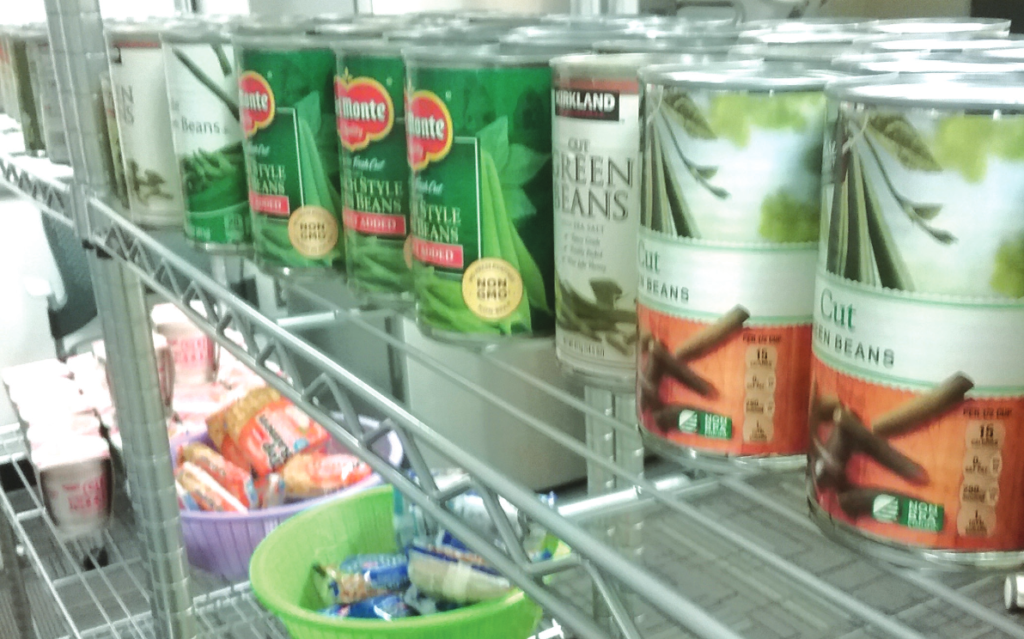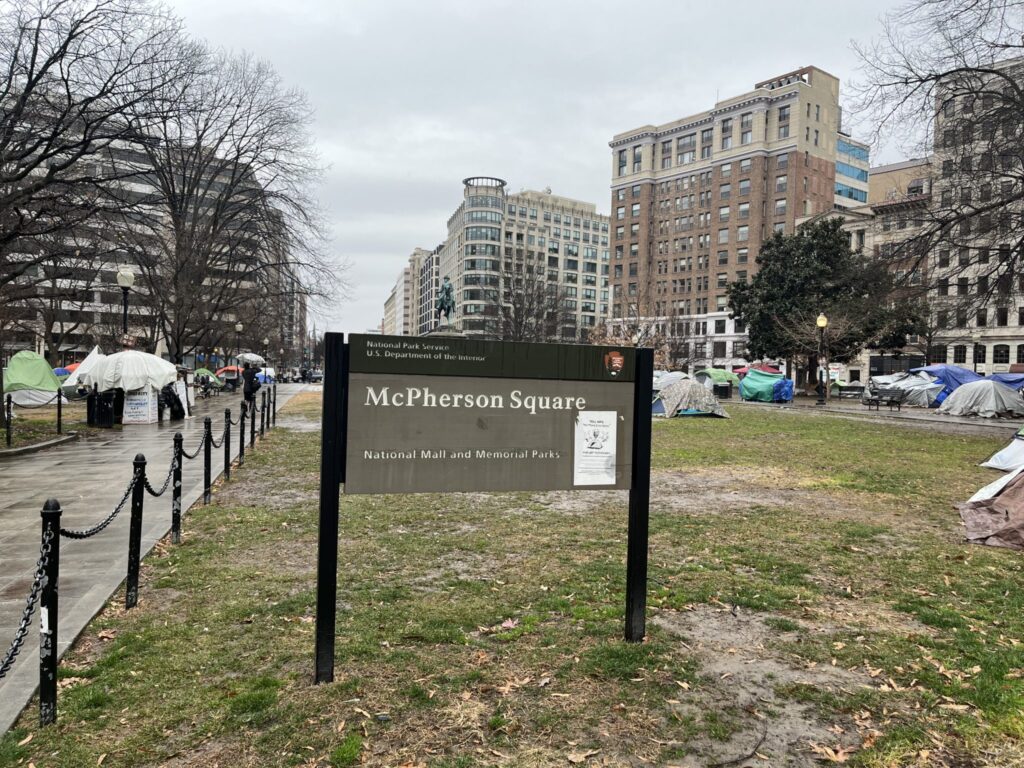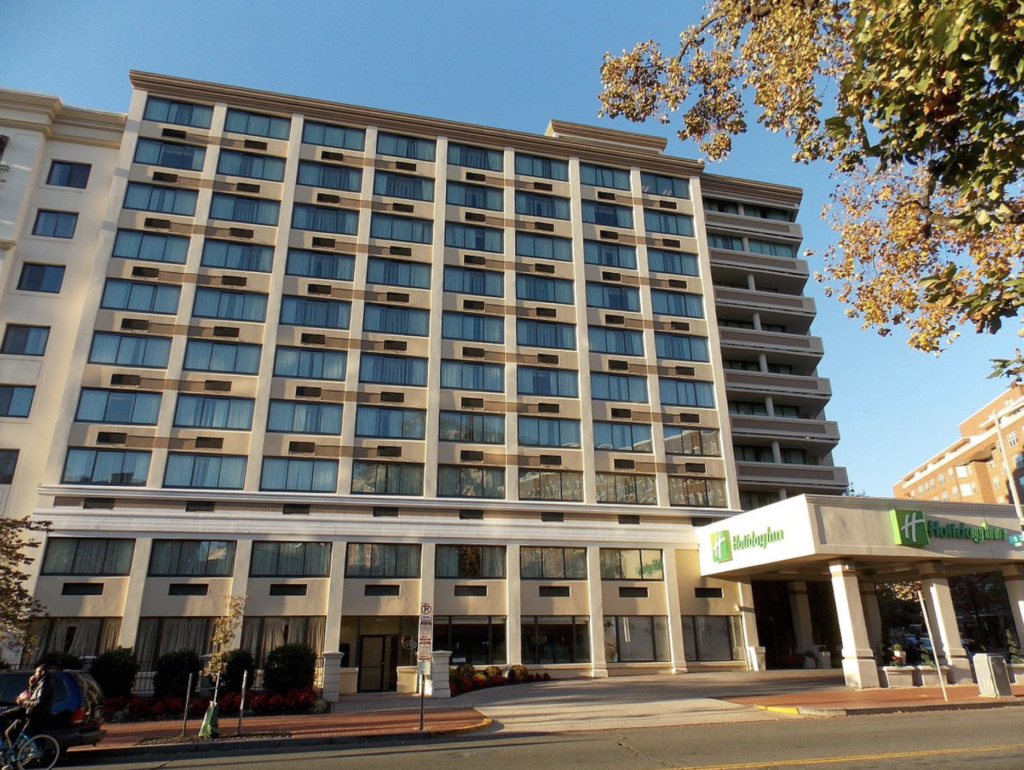This story was first published by DCist.
Ever since the District’s first confirmed case of COVID-19 was announced on March 7, the city has gotten quieter and its residents more uneasy. An increasing number of offices are implementing mandatory work-from-home policies, Metro rides are dropping, schools are closing, and the number of cases is growing exponentially — right on track with the spread in Italy and other areas that have seen a dramatic spike over short periods of time.
But as anxiety and uncertainty mount, some D.C. residents are resisting the urge to panic and turn inward. An increasing number of people in communities across the city have — in ways both large and small — begun trying to find ways to help their more vulnerable neighbors.
In several wards, organized offers of help and mutual aid groups started sprouting up in mid-March, as it became clear that D.C. was facing the possibility of a dangerous outbreak that could devastate the local economy.
The idea of mutual aid is simple: You agree to lend assistance to others, and they agree to help you, too. “We are in a situation where people are panicking, and understandably so,” says Natacia Knapper, an organizer and activist in D.C. who has taken charge of setting up a mutual aid program in Ward 1, including a GoFundMe.
“We are trying to figure out what are the needs in terms of the physical items people need,” says Knapper, “But also thinking about having money that we can provide to people who feel unsafe going to their job.”
Knapper points out that many people who are especially vulnerable to COVID-19, which tends to present more severely in older people and those with preexisting conditions, have jobs that don’t allow them to work from home. She is trying to pool enough money to help people who would be seriously risking their health by going to work, she says. Other offers from the network she’s building include help with childcare during the day, grocery runs and food delivery, and periodic check-ins for seniors and other vulnerable neighbors.
“People feel like there is a real lack of substantive communication and just a lack of real urgency [from the government] over what could potentially happen,” she says.
Volunteers are setting up a mutual aid station in Columbia Heights Civic Plaza on Saturday, Knapper says, providing nonperishable foods and sanitizing products. They’ll also be providing a one-pager with information about the new coronavirus and COVID-19, the disease it causes. She plans to continue the stations, though she says it may eventually be safer to switch simply to delivering products to people’s doors.
Ria Peeples is setting up a similar mutual aid program in Takoma, where she’s been sending out a form allowing people to offer resources they can share, including meal preparation, picking up prescriptions, making doctor’s appointments and offering childcare, spare beds, and emotional support.
“What does it look like to be social when we can’t actually be around each other? And what can mental health services look like during this time when people have to be pretty isolated?” Peeples says.
About 40 people have so far signed up to help and to ask for help (many do both at once), Peeples says. She hung flyers around her neighborhood over the weekend to let people know the resource is available for them to use.
There are other mutual aid programs being organized in Mount Pleasant and Petworth. April Goggans, an organizer with D.C. Black Lives Matter, has set up a citywide mutual aid Facebook page.
Many Languages One Voice, an activist organization that works with immigrant communities in D.C., is also setting up a mutual aid program, as are students and others at George Washington University.
The Table D.C., a church network in the city, is organizing a web of people across the city who are able to help with grocery runs and other errands for people over 60 or who are otherwise particularly vulnerable to the coronavirus.
In Capitol Hill, The Church of the Resurrection is opening up its “Rez911” service to everyone in the neighborhood. You do not have to be a member of the church to participate. You can request (or offer) help with errands, childcare, and emotional support via the form on their site.
“We debated a lot whether this was an overreaction,” says Kelley Griffin, a member of the church. “But one of the things is, by the time it feels like the correct response, it’s kind of too little, too late.”
In addition to the mutual aid groups, some neighbors and businesses are offering small kindnesses when they can. On March 12, Medium Rare in D.C. delivered nearly 30 meals to elderly people trying to isolate in their homes so they don’t catch the virus. Local bookstores like Politics and Prose and Capitol Hill Books are offering free shipping for people quarantining at home and in need of a book to pass the time.
“In times like these, people really do want to help,” says Peeples. “And it’s so important to push back against the isolation and turning inward and selfishness that can come in times like these if we don’t remind everyone that we have everything we need to support one another.”






